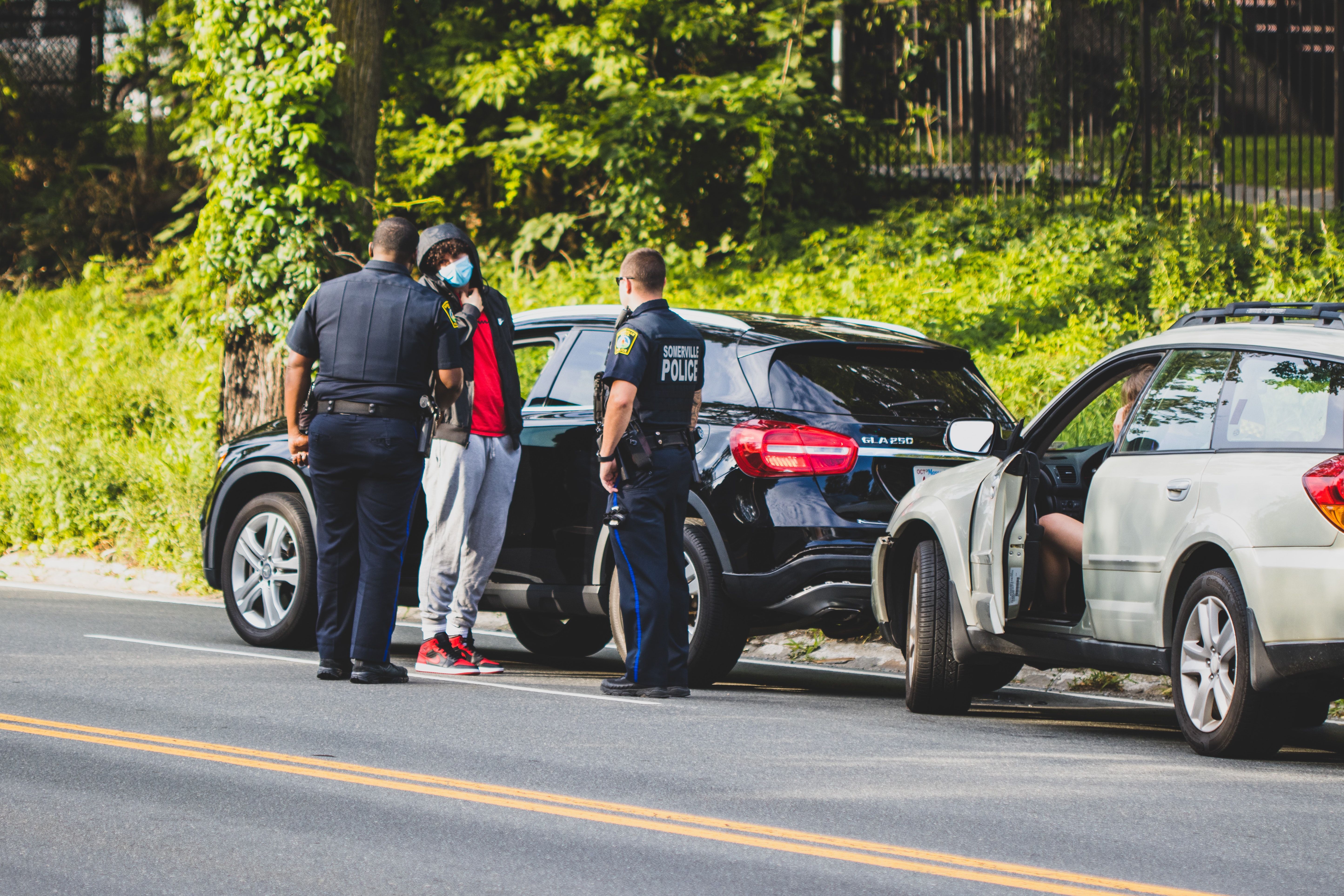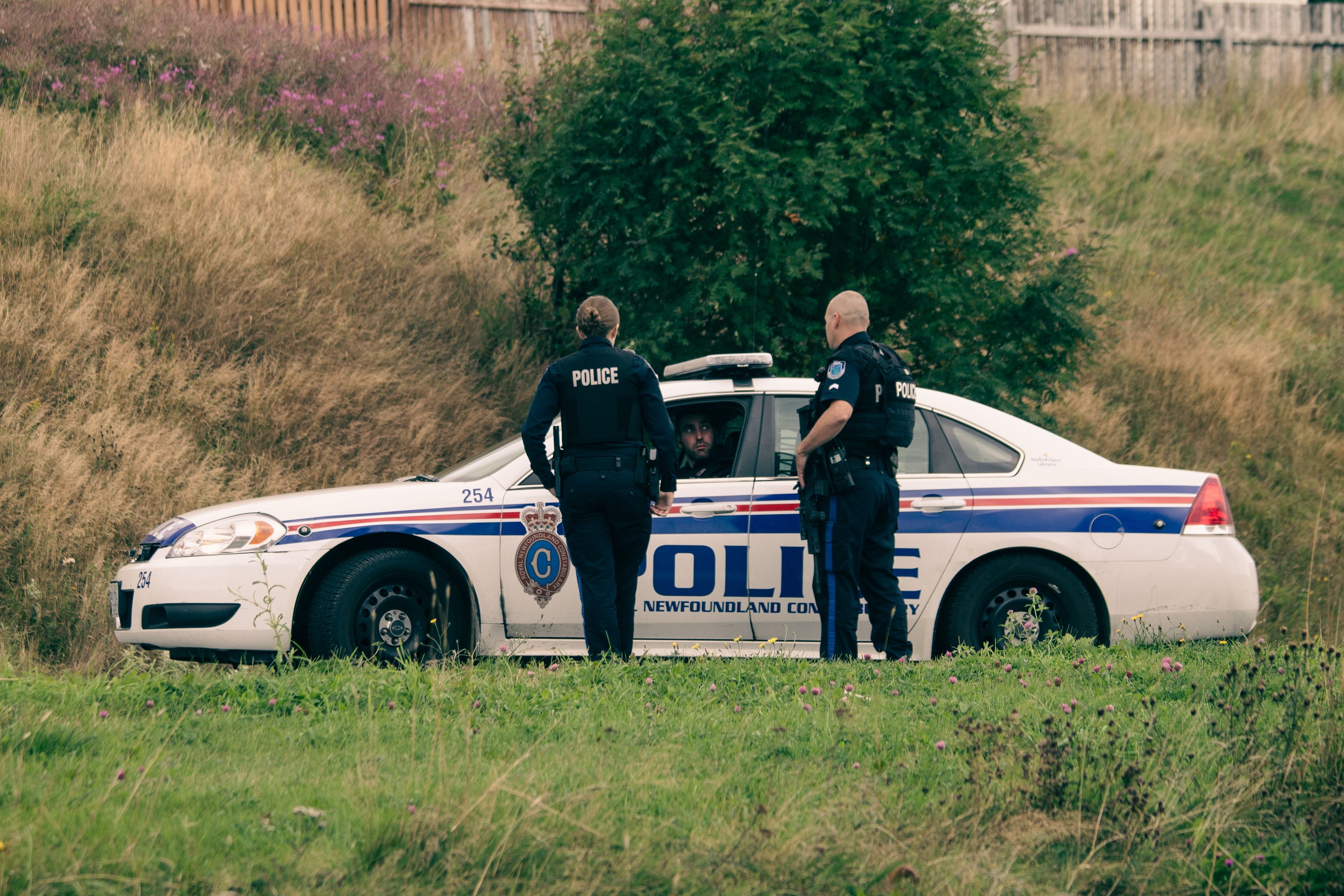Being stopped by a police officer is an unpleasant and highly stressful experience for most people. He's 100% sure he's done nothing wrong, but he's sweating like a criminal. While police do not always perform traffic stops for violations (e.g., they also do so to warn people of potentially dangerous situations), either party may consider it a negative and stressful event. I regard it as
Multiple reports and data collected from police departments show that many police officers are injured or killed during traffic stops each year. This increases the stress and fear of officers who need to pull people over, and can make them even more irritable, nervous, and, according to some statistics, overly aggressive. All in one potentially dangerous circle, as it makes things more frightening for drivers who do.
It might help you better understand why police sometimes do certain things in case you want to be more relaxed when interacting with them, or if you get pulled over. If an officer touches the rear of your car, you may startle and frighten. Click here for a detailed explanation.
If you've never experienced being pulled before, you've probably seen it in movies and social media videos. When the police car activates the lights and the driver stops, the officer gets out of the car and, while approaching the parked car, briefly touches the rear, such as the taillights and trunk. Why do cops do this?
The main reason is safety. A cop would touch the trunk to make sure it was closed properly, so a potentially dangerous situation could be avoided if someone was hiding there. It may sound unbelievable, but police departments have documented ambushes from behind (and from trunks) in the past.
Still, it's worth mentioning that all newer cars have safety latches (as opposed to vehicles made before the 2000s) that prevent the trunk from opening easily. Therefore, newly trained police officers may not have been instructed to touch the trunk like their former colleagues.
The cops also touch other parts of the car and leave fingerprints, so if something happened there is evidence that the cops were there at the scene. With more and more police officers traveling by vehicle, it may seem a little unnecessary. But technology has failed and physical evidence remains invincible.
Another reason a cop touches the back of a car during a traffic stop is to startle the driver. As parked drivers often face dangerous situations, police expect to run into all sorts of people, including those with prohibited items. That's why they use amazing techniques because they can stop the driver and the cops can read the action and discover the cause of the stoppage.
Therefore, if you touch the rear of the car during a traffic stop, the cops say that the person who has something illegal or who has done something wrong will be more nervous or clean because of the unexpected fear. Unfortunately, this will only make innocent people feel uneasy and make the situation worse.
If you hear a car banging while parked, know that this is a routine action some police officers perform for safety reasons. As mentioned earlier, cops can get nervous during pullovers, so it's best to avoid arguments.
Some of the instructions you get from most police stations regarding traffic stops are to stop safely, to keep your hands on the steering wheel so the police can see them, to sit quietly, and to give specific instructions. The department also advises against arguing with a police officer, even if you have made a mistake that you do not agree with. We encourage you to call or visit the department and dismiss the complaint later.
Remember, violations have been recorded on both sides, and authorities are warning you not to participate in discussions and encourage both sides to remain calm. But you have your rights and don't worry too much about pullovers. may be
sauce: Federal Bureau of Investigation, New York Times, Notre Dame Police Department

